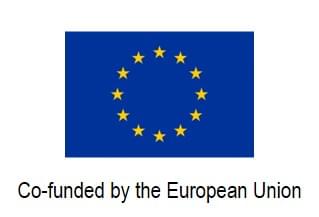Parties are expected to submit long-term visions of low greenhouse gas emission development, also called mid-century strategies (MCS) or long-term strategies (LTS), as part of the UNFCCC processes under the Paris Agreement. While the deliverable to the UNFCCC process is basically the same, the process forming the strategy and the features of the strategy may differ widely between Japan and the EU.
Recognising those differences, as well as the gaps and challenges that each country faces in the formulation and future implementation of the strategy, lead to valuable insights for policymakers and stakeholders to materialise ambitious emissions reductions. Therefore, it is important to promote the interaction between academic/research experts and stakeholders, including government representatives, interested in climate mitigation policies to improve the understanding of multiple perspectives and to create spaces for potential discussion/collaboration among Japanese audiences on climate policy.

Tsuyoshi Kawakami
Principal Fellow, Strategic Management Office, IGES

Diego Silva Herran
Fellow, IGES

Nobuhiro Kino
Director, Low-Carbon Society Promotion Office, Ministry of the Environment, Japan

Georgios Zazias
Energy Analyst and Modeller, E3-Modelling P.C.

Olivia Gippner
Policy Officer, Economic Assessment and Strategy, European Commission Directorate General for Climate Action

Masahiro Sugiyama
Associate Professor, Institute for Future Initiatives, University of Tokyo
.jpg)
.jpg)
.jpg)
.jpg)
.jpg)
.jpg)
.jpg)
.jpg)
.jpg)

This session was organised with the financial support of the European Union. The opinions expressed during the event are the sole responsibility of the speakers and do not necessarily reflect the views of the European Union